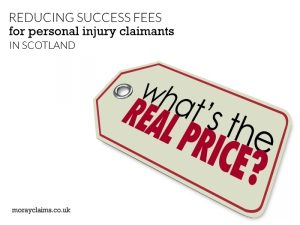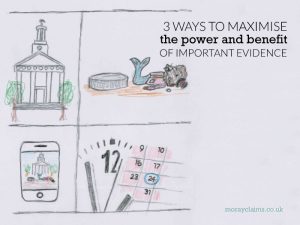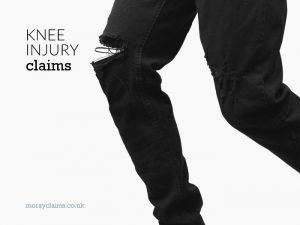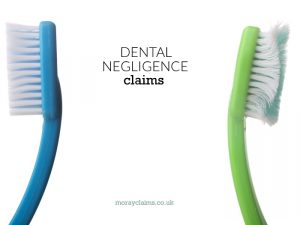Success fees are the “hidden cost” of personal injury claims. They reduce the amount of compensation you receive from a personal injury claim after that compensation figure has been fixed and paid. Success fees are fees that are paid out of compensation (awarded or agreed) by successful personal injury claimants to their solicitors or claims management companies under a success fee agreement. In this article, we will look at how the Scottish Government wishes to regulate the maximum levels of success fee that can be charged – to provide a better financial outcome for injured people than they often get at present. First of all, in order to understand the context in which this is all happening, we need to look at wider changes that will soon affect Scottish personal injury claims. The Scottish Government intends to change the way personal injury claims are run in Scotland. This follows similar changes brought in in England and Wales. One big proposed change is to reduce Continue Reading
3 ways to maximise the power and benefit of important evidence
Memory scientist, Julia Shaw, gave a talk at TEDx London in July 2018 about reporting harassment and discrimination in the workplace. Dr Shaw is an honorary research associate at University College London in the Psychology and Language Sciences department. Women, people of colour and people who identify themselves openly as part of the LGBT community are most at risk of harassment and discrimination in the workplace. Some studies have shown that as much as 98% of affected persons will never report this type of mistreatment to their employers. One barrier to speaking up is the fear that it will be held against us and affect our future prospects in the job. Another is the fact that, often, your memory is the only evidence you have of what happened. Will that be enough to be believed? Dr Shaw has researched – in courtrooms as well as laboratories - how humans process memory of important and emotionally-charged events. The interview process is important. By “interview”, Continue Reading
Knee injury compensation claims
Dr Carl Wunderlich, who died in 1877, is famous for his measurement of average healthy body temperature of 37°C. (98.6°F). Using a thermometer reputedly a foot in length - and needing 20 minutes to register the temperature – he tested around 25,000 patients and took over 1 million readings. He was at the forefront of medical science for his time but his “normal body temperature” of 37°C has gradually been seen as an oversimplification of reality. In fact, normal temperature is actually a range because no two human bodies are the same. In addition, we all react differently to external factors and disease. Body temperature can also vary according to: how much we’ve eaten; our stress levels; hormones; and different levels of exercise. Something – normal body temperature - that, at a glance, seems simple turns out to be much more complicated. And this is also the case with the human knee. On the face of it, the knee simply joins the top of the leg with the bottom of the leg. Continue Reading
Dental negligence claims
Rock climber, Alex Honnold, completed the first free-solo ascent of El Capitan, in Yosemite National Park, California in June 2017. In other words, he climbed it by himself – all 2,900 feet of the route known as “Freerider” - without any ropes, taking just under four hours. In a TED Talk about his incredible accomplishment, he explains the sense of anti-climax he had after a previous free-solo first – the ascent of Half Dome (also Yosemite) – in 2012. That peak can also be reached by walkers, via a path up another side of the mountain from the rock face. As he struggled at the crux of the climb, just below the summit, he could hear people chatting and laughing above him, unaware of his presence. He had climbed Half Dome before, with ropes and full climbing gear. On those occasions, because his clothing and equipment marked him out, the regular hikers had greeted him at the mountaintop with gasps of adulation and crowded round him for photos. Not so, on this Continue Reading



